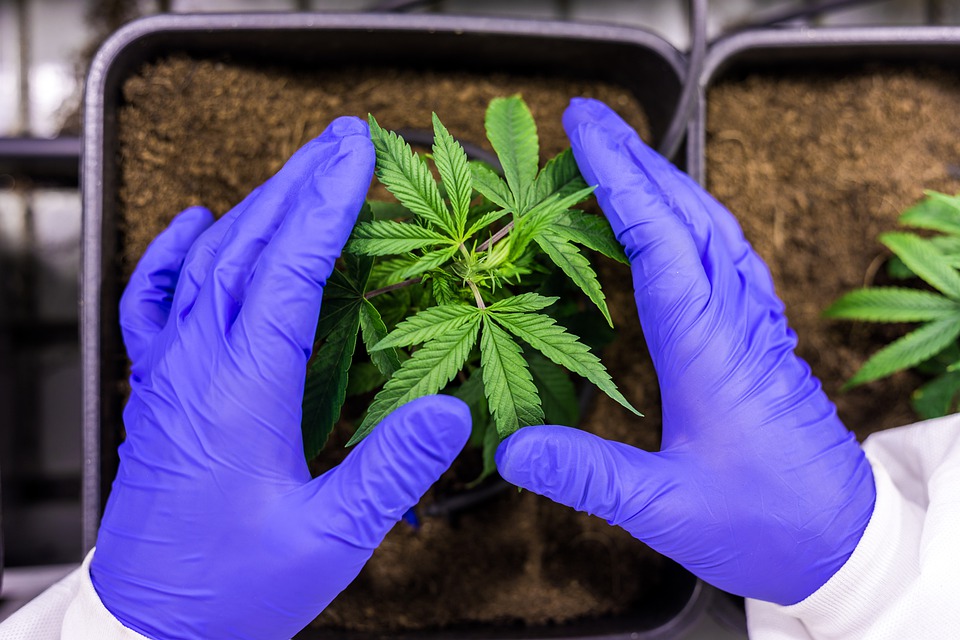Introduction
Hemp, also known as industrial hemp, is a versatile plant that has been used for thousands of years for various purposes, including textiles, paper, building materials, and food. In recent years, hemp has gained popularity as a cash crop for its numerous environmental benefits and potential economic opportunities. With its ability to grow in a variety of climates and soil types, hemp has the potential to become a sustainable alternative to traditional crops.
Environmental Benefits
One of the key environmental benefits of hemp is its ability to sequester carbon dioxide from the atmosphere. Hemp plants absorb more carbon dioxide than most other crops, making them an effective tool in the fight against climate change. In addition, hemp requires minimal water and no pesticides or herbicides, making it a more environmentally friendly option compared to many other crops.
Furthermore, hemp roots are known to improve soil health by reducing compaction and increasing microbial activity. This can help prevent soil erosion and promote healthier ecosystems. Hemp also has a fast growth rate, allowing farmers to harvest multiple crops in a single year, which can help reduce the need for deforestation for agricultural purposes.
Economic Opportunities
With the growing popularity of hemp products, there is a high demand for hemp-based products in various industries, including textiles, food, cosmetics, and construction. As a result, hemp has the potential to become a lucrative cash crop for farmers looking to diversify their crops and increase their income.
In addition, hemp cultivation can create job opportunities in rural areas and stimulate economic growth in communities that rely on agriculture. Some countries have already legalized hemp cultivation and are reaping the economic benefits of this versatile crop.
Conclusion
Overall, hemp is a cash crop with numerous environmental benefits and economic opportunities. Its ability to sequester carbon dioxide, improve soil health, and grow in a variety of conditions makes it a sustainable and profitable crop for farmers. As the demand for hemp products continues to grow, hemp cultivation has the potential to become a key player in the transition to a more sustainable and environmentally friendly agricultural system.
FAQs
1. Is hemp the same as marijuana?
No, hemp and marijuana are different varieties of the Cannabis plant. Hemp contains low levels of THC, the psychoactive compound found in marijuana, while marijuana is bred for its high THC content.
2. Is it legal to grow hemp?
Laws regarding hemp cultivation vary by country and jurisdiction. In many countries, hemp cultivation is legal as long as it contains low levels of THC. It is important to check and comply with local regulations before growing hemp.
3. What are some common uses of hemp?
Hemp is used in a wide range of products, including textiles, paper, food, cosmetics, biofuels, and construction materials. Hemp fibers are known for their strength and durability, making them ideal for a variety of applications.

